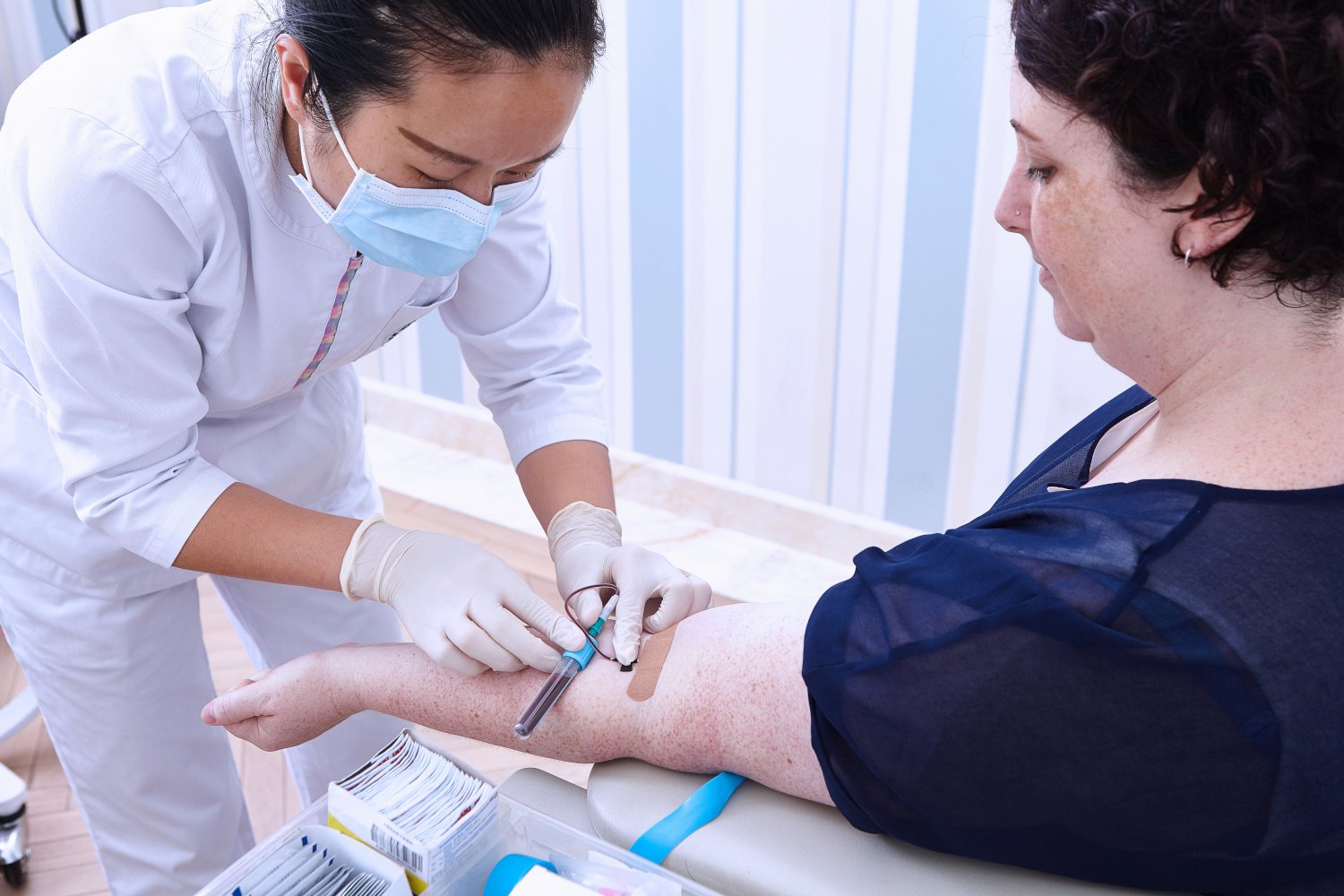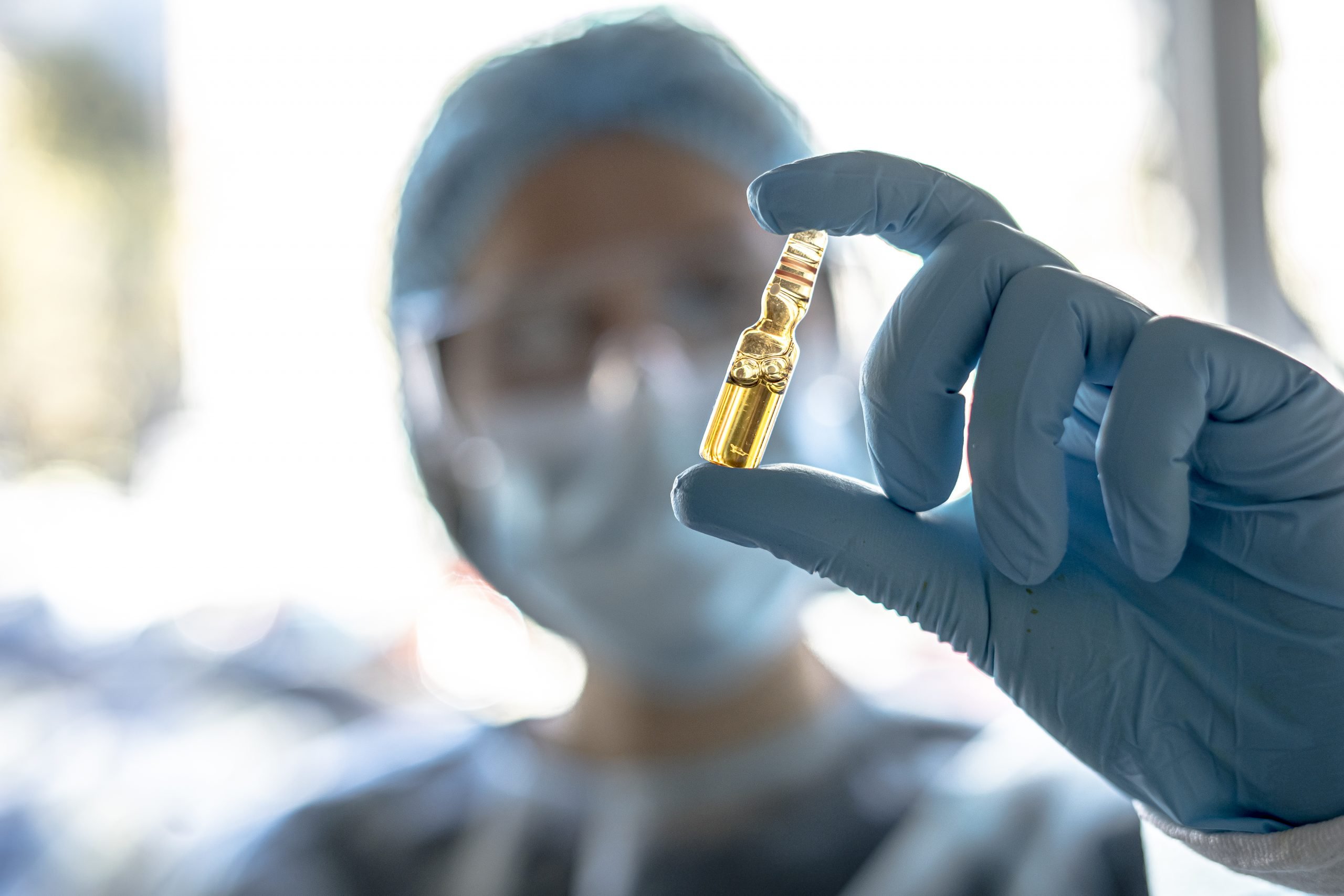Anxiety and Ketamine – How Ketamine Helps Treat Anxiety
Are you currently suffering from anxiety? According to the Anxiety and Depression Association of America, generalized anxiety disorder (GAD) is presently being experienced by approximately 6.8 million adults across the United States. CNBC also reported on a 25% jump in anxiety-related book sales at Barnes & Noble between 2017 and 2018. These statistics taken together indicate that you’re not alone and solutions are available. We’re going to discuss how ketamine treats anxiety especially when nothing else seems to work.
How Does Ketamine Work?
During the 1960s, ketamine initially was used as an anesthesia medicine. It was also used during the Vietnam War on the battlefields. Later on, doctors in hospitals began using it to help ease pain when used in lower doses. Under some circumstances, ketamine can help sedatives work better and can also help patients need fewer painkillers following surgery.
According to the Yale School of Medicine, “Mounting evidence suggests ketamine administration produces a surge in glutamate neurotransmission in the brain, that is likely associated with the antidepressant effects (as well as some of the side-effects of the medication).”
Ketamine and Anxiety: The Research
During a three-month study, patients with treatment-refractory anxiety received weekly doses of ketamine. According to Paul Glue, M.D., a medical sciences professor at the University of Otago’s School of Medical Sciences in New Zealand involved in the study, “Ketamine treatment was safe and well-tolerated, and most patients reported a marked improvement in work and social functioning.”
Multiple studies have also been published by James Murrough, the director of the Mood and Anxiety Disorders Program and Associate Professor of Psychiatry and Neuroscience at the Icahn School of Medicine. His studies illustrate ketamine’s rapid antidepressant effects which explain its effectiveness as a treatment of depression. Murrough states, “The rapid antidepressant effects of ketamine in patients with severe, chronic, and treatment-resistant forms of this illness may represent a true medical breakthrough.”
Naji C. Salloum, M.D. of the department of psychiatry, Massachusetts General Hospital, and Harvard Medical School, conducted a secondary analysis of data from a randomized, active placebo-controlled trial study of IV ketamine conducted recently. The study involved patients with unipolar treatment-resistant depression. Their findings indicated that the response to ketamine was quite favorable. The results also show how ketamine may have broad use as a treatment for different types of depression. Salloum and his colleagues state that “…In contrast to reports from monoaminergic antidepressants, our data suggest that patients with anxious depression respond equally as well to ketamine compared to those with non-anxious depression.”
Another interesting study on how ketamine helped anxiety patients focused on the effect of the drug on brain waves. In this study, twelve patients were observed as they were administered three dose levels weekly. Their brain activities were monitored using an EEG and, throughout the dosing, brainwave changes were noticeable. Theta brainwaves, which are responsible for the mind’s relaxation, were noticeably decreased. Following the study, patients were asked to participate in a questionnaire about fear. Eight out of the twelve participants reported experiencing changes in their anxiety. Researchers were able to conclude that ketamine could be the answer to many who suffer from anxiety.
Don’t Expect to See Prescriptions
According to an experienced psychiatrist who spoke with Zoë Biehl or Psymposia, “Use of ketamine for depression is being closely monitored and studied. The protocols stress the importance of screening out people with a history of substance abuse. There is a concern that such patients might be more prone to respond to low-dose ketamine by developing addictive responses to the use of the medication.”
Ketamine isn’t available anywhere as a prescription and the drug must be received in a clinic on an out-patient basis. Patients generally receive it intravenously, or as the new esketamine nasal spray. However, under each circumstance, it’s under close supervision. The treatment plan, dosing, and monitoring are all each monitored throughout the patient’s treatment.
How Treatments Help Anxiety Patients
Studies continue to occur regarding ketamine’s long-term effectiveness for anxiety. However, patients praise it for its speed and strength. Presently, ketamine infusion therapy is showing significant promise in the treatment of mood and anxiety disorders. Patients are seeing a reduction in their symptoms and sustained relief.
Ketamine therapy can be an effective treatment option for those who are suffering from anxiety because it works rapidly with few side effects. Patients may also find that ketamine and other antidepressant medications can work together. For example, traditional antidepressants tend to take weeks to months before they begin working. Ketamine infusions are administered during short treatment cycles until the patient’s symptoms are gone and so can provide relief while a patient is waiting for other medications to reach an effective level in their system.
Step to Take to Find Treatment
Your first step may be receiving a consultation about ketamine from a doctor and a referral to a speciality clinic that administers ketamine treatments.
After you receive your referral or have called directly, the clinic will conduct an assessment to determine how to move forward with the ketamine treatment. These assessments include gathering information, including:
- Your social and psychiatric history.
- Your family’s psychiatric history.
- Any current or previous medical treatments you’ve received or medications you’re taking.
- Your current or previous use of substances, including cigarettes, alcohol, and so on.
- Your medical history to include experience with anesthesia.
Once the clinic is finished with their assessment, they’ll determine how to proceed with ketamine treatments and develop a treatment plan that works best for you.
Contact the Bespoke Treatment today to see if you are nearby our Beverly Hills clinic and request an appointment for a free consultation. A healthcare professional will be in touch to schedule the best time for you to visit the clinic. During your initial consultation, you’ll have an opportunity to meet with the physician and learn how ketamine can help with your anxiety. You’ll also learn more about ketamine as a treatment therapy and if you’re a candidate. The two of you will go over your medical history and you’ll receive a personalized treatment plan that’s customized to meet your individual needs. At that point, as long as this is the right treatment for you, a series of ketamine infusions will be scheduled.


























